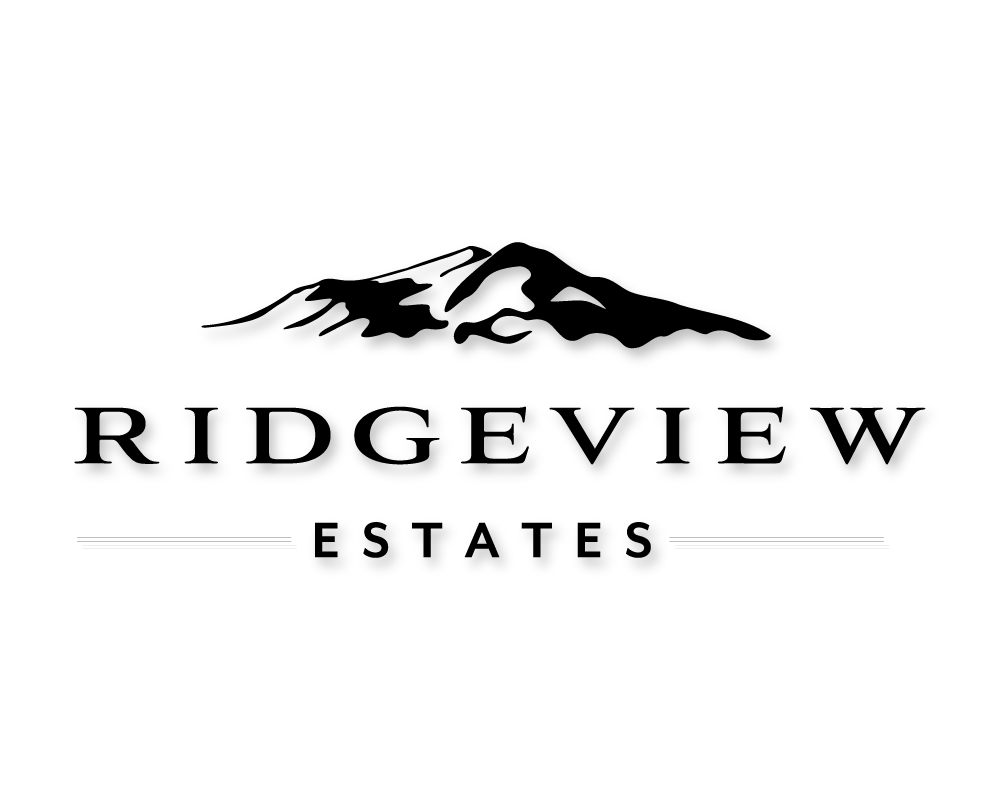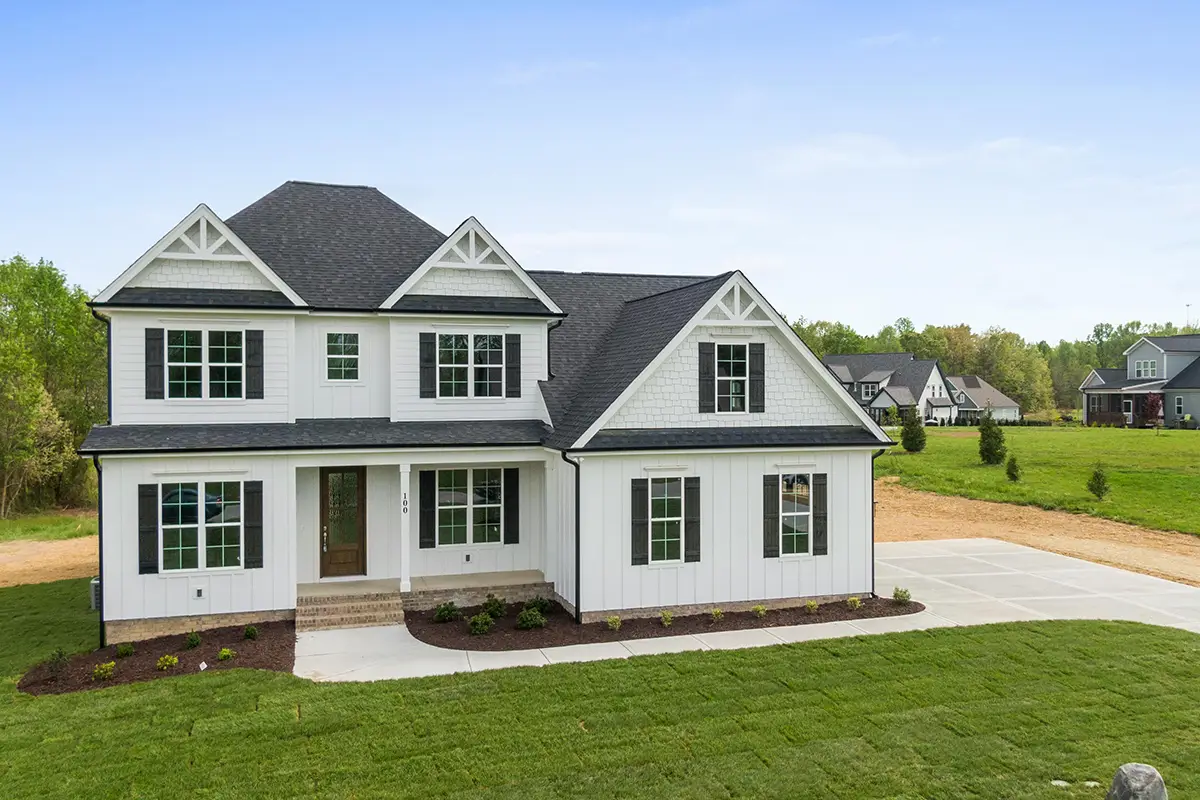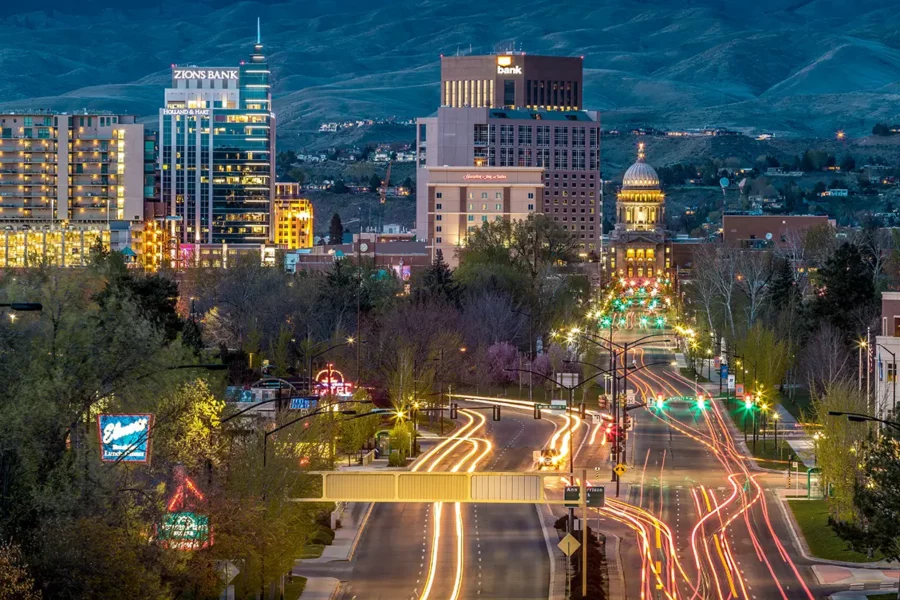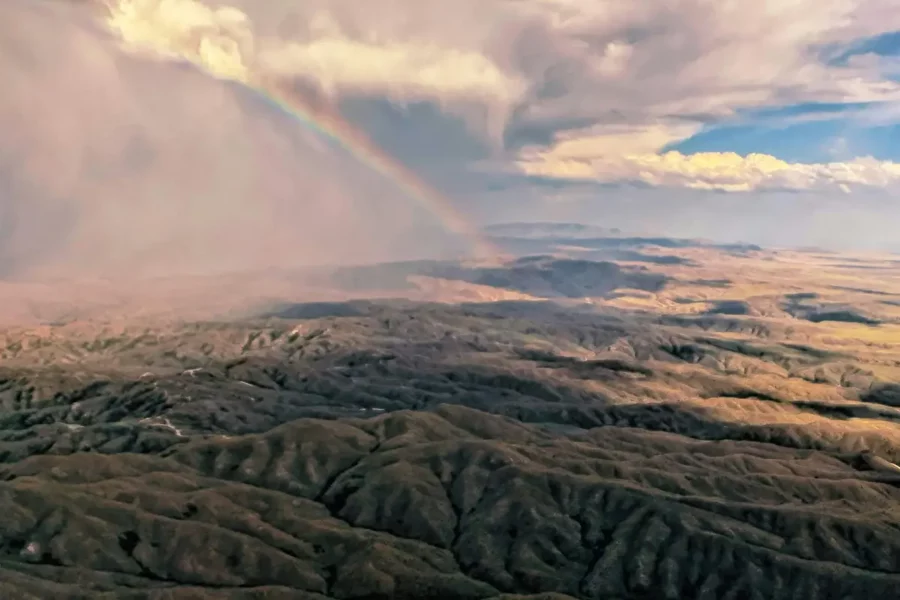Purchasing acreage to build your dream home is exciting, but it comes with a unique set of costs that can quickly add up. Understanding these potential expenses upfront will help you plan and avoid financial surprises. Here’s a breakdown of the hidden costs you need to consider:
1. Zoning, Re-zoning, and Lot Line Adjustments
Building a home on acreage often involves navigating zoning regulations and property boundaries.
- Zoning/Re-zoning Fees: If the land isn’t zoned for residential use, you may need to apply for rezoning—a process that can take months and include application fees, legal consultations, and even public hearings.
- Lot Line Adjustments: Adjusting property boundaries requires surveys, legal work, and administrative approvals.
- Time and Administrative Costs: These processes aren’t quick or cheap. Be prepared to invest both time and money to meet municipal requirements.
2. Municipal Requirements
Local governments may require specific upgrades to meet their development standards.
- Curbs and Gutters: Some areas require curbs and gutters, which can add significant costs to your budget.
- Sidewalks and Driveways: Municipalities might mandate specific driveway designs or the addition of sidewalks.
- Landscaping: You could be required to install trees, grass, or other greenery to meet local landscaping codes.
- Impact Fees: These fees help municipalities cover the cost of extending public services like schools, parks, or fire protection to new developments.
3. Utilities
If your land doesn’t already have utility access, you’ll need to budget for installation and connection costs.
- Water: Drilling a well can be costly, especially if you need to test for water quality and volume.
- Sewer or Septic: Without access to municipal sewer lines, you’ll need to install a septic system, which requires soil testing and permitting.
- Electricity and Gas: Extending power and gas lines to rural properties can be expensive, depending on the distance from existing infrastructure. If gas isn’t available, you’ll need to install propane tanks.
- Internet and Cable: High-speed internet or cable TV may not be available in rural areas, requiring additional setup costs for alternative options.
4. Site Preparation
Before you can build, the land has to be prepared—and that comes with extra expenses.
- Land Clearing: Removing trees, rocks, or other obstacles can be time-intensive and costly.
- Grading and Excavation: Proper grading ensures water drains correctly, while excavation prepares the land for a foundation. Both can add thousands to your budget.
- Driveway Construction: If your property requires a long driveway, this can become a major expense.
- Soil Testing: Testing the soil for building suitability and septic installation is often required.
5. Environmental and Regulatory Costs
Building on acreage often means adhering to strict environmental and regulatory guidelines.
- Environmental Impact Studies: Depending on the location and environmental sensitivity, these studies may be mandatory and costly.
- Permitting Fees: Building permits, environmental permits, and other fees can quickly add up.
- Erosion Control: Preventing erosion during and after construction may be required, especially in areas with steep terrain.
6. Access and Easements
Getting to your property and ensuring legal access can come with hidden costs.
- Road Access: You might need to negotiate or purchase easements to legally access your land.
- Private Road Maintenance: If your property is accessed via a private road, you could be responsible for ongoing maintenance costs.
7. Legal and Consultant Fees
Professional fees can add up throughout the land purchase and building process.
- Legal Fees: Lawyers may be needed for contracts, zoning issues, or easement agreements.
- Surveying Costs: Land surveys may be required multiple times—for zoning, utility placement, or construction approvals.
- Consultants: Environmental consultants, land-use planners, and other experts may be necessary depending on your property’s unique requirements.
8. Miscellaneous Costs
Don’t overlook these smaller—but still significant—expenses.
- Property Taxes: Once you improve the land, your property taxes will likely increase.
- Insurance: You’ll need additional coverage for the construction phase, and your finished home may require higher premiums depending on its location and size.
- Temporary Housing: Delays in construction could mean renting a place to live while you wait.
Plan Ahead to Build Smart
Building your dream home on acreage in the Boise area or surrounding communities like Mayfield, Kuna, Meridian, or Eagle is an exciting opportunity. But being aware of these potential costs will help you budget smarter and avoid unexpected setbacks. With the right preparation, and a team of qualified professionals (local realtor, home builder) you can turn your vision into reality—without breaking the bank.







